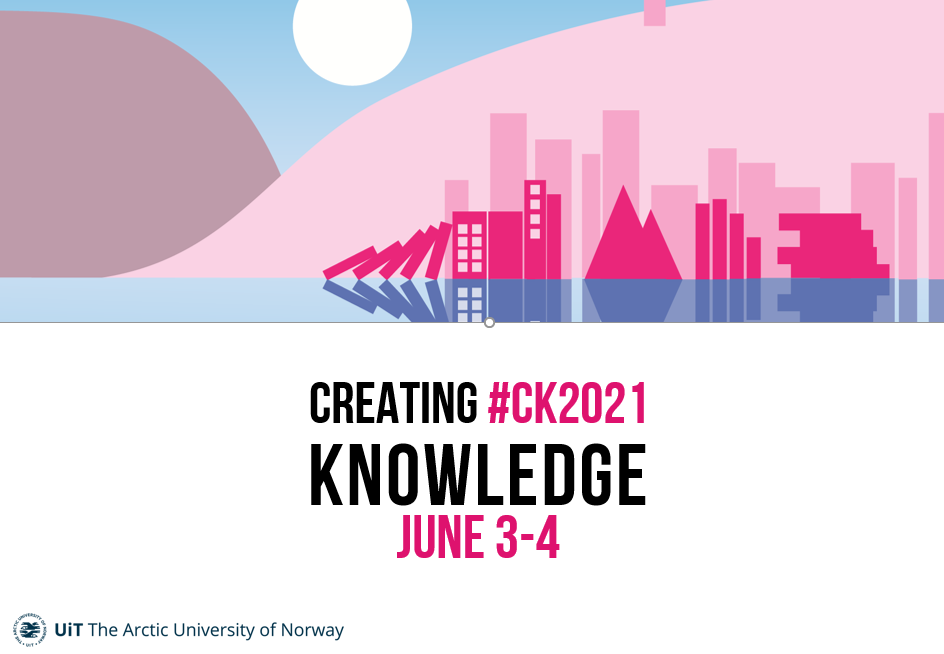Frames, models and definitions
Rethinking information literacy for the digital age
DOI:
https://doi.org/10.7557/5.5875Keywords:
information literacy, definitions, faculty-library collaboration, frameworkAbstract
See RECORDING.
This keynote is both a practical and strategic view of information literacy from my perspective as a Senior Lecturer in Educational Development at City University, London and Chair of the UK’s Information Literacy Group.
I’ll reflect on the experiences I have had since leaving the library profession and moving into the field of educational development, which involves working with faculty to enhance teaching and learning and to develop their curricula. Since taking on this role I have had rich conversations with academic staff about all aspects of information literacy, often under other guises. I’ve recently undertaken a small-scale study to understand their approach to thinking about the related concepts of digital literacy and open practice and I’ll discuss some findings from this research. Faculty express concerns about how to create independent learners in the age where information is abundant, but knowledge is still scarce and privileged. Those who complete my module on the same topics have reflected on the plethora of terms and frameworks which are designed to support them which in fact sometimes leave them further confused. I’ll also draw on a recent chapter I wrote (Secker, 2018) on the trouble that terminology can cause, when we try to collaborate with both academic staff and with colleagues in other areas of learning support.
The second part of my keynote will focus on the efforts of the UK’s Information Literacy Group (ILG) to broaden the definition of information literacy and to try to get the concept recognised outside the library. In many ways there are parallels between the work I do at an institutional level and the efforts of the group to raise awareness of information literacy more broadly. In April 2018 the ILG launched a new definition of information literacy and much of the efforts of the group have been to build links with organisations and people outside of the library sector. For us to achieve true universal information literacy, as Paul Zurkowski first envisaged, (Zurkowski, 1974) I will argue information literacy needs to become an ongoing concern or everyone who works in education, government, the media or who cares about social justice.
I’ll end by considering the challenges and opportunities that collaboration presents whether it is librarians, academics and other professional staff in education or policy makers and other organisations working with those outside the library world. Collaboration is vital for information literacy to become truly embedded into all aspects of formal and informal learning and to achieve the goal of universal information literacy that Zurkowski first envisaged. However, we still have a big task ahead of us to achieve this. I will attempt to consider the lessons I’ve learnt from working in this field for over 15 years, and advocate for a vision of information literacy that extends far beyond the library community. I’ll draw on the work and the framework in developed in 2011 (Secker and Coonan, 2013) to explore how we can rethink information literacy and provide a framework for supporting learning in the digital age.
Metrics
References
Secker, J. (2018). The trouble with terminology: rehabilitating and rethinking ‘Digital Literacy’. In: Reedy, K. and Parker, J. (Eds.), Digital Literacy Unpacked. (pp. 3-16). London: Facet Publishing. ISBN 178330197X Available at: http://openaccess.city.ac.uk/20546/
Secker, J and Coonan, E (2013) Rethinking Information Literacy: a practical framework for supporting teaching. Facet publishing: London.
Zurkowski, P. (1974) The Information Service Environment: Relationships and Priorities. Related Paper No.5. National Commission on Libraries and Information Science. Available at: https://eric.ed.gov/?id=ED100391





